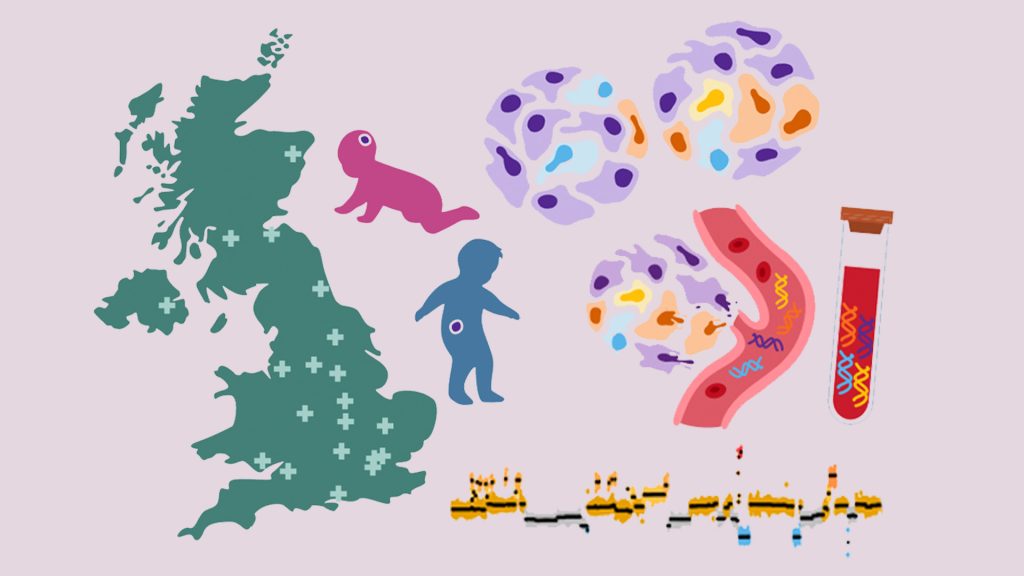Director Marino Zerial elected as a new member of the Leopoldina

The German National Academy of Sciences Leopoldina has elected the Dresden and Italian cell biologist Marino Zerial as one of its members. Currently Director of Human Technopole, he is also one of the founding directors of the Max Planck Institute for Molecular Cell Biology and Genetics (MPI-CBG). The German National Academy of Sciences Leopoldina brings together researchers with special expertise in their respective fields. The criteria for membership are outstanding scientific achievements. Election to the ranks of the Leopoldina is considered one of the highest honors for scientists.
The Leopoldina recognized Marino Zerial for his outstanding achievements in the field of cell biology and elected him to the section Genetics / Molecular Biology and Cell Biology. One of his most significant discoveries is about the key role of Rab5 protein in the molecular mechanism of endocytosis and membrane transport.
Prior to his membership in the Leopoldina, Marino Zerial was awarded the Gottfried Wilhelm Leibniz Prize in 2008 and has been honored with the membership of the Istituto Veneto di Scienze, Lettere ed Arti in 2019. In 2021, he became an International Honorary Member of the American Academy of Arts and Sciences.
“The election to the Leopoldina is a great honor for me,” says Marino Zerial. “I am excited for the chance to join the oldest Academy in the life science and for the chance to contribute my knowledge for policy makers and society.”
As the German National Academy of Sciences, the Leopoldina provides independent science-based policy advice on socially relevant issues. For this purpose, the Academy develops interdisciplinary statements based on scientific findings. The Leopoldina represents German science in international bodies, including science-based advice to the annual G7 summits. It has 1,600 members from more than 30 countries and brings together expertise from almost all fields of research. It was founded in 1652 and was named Germany’s National Academy of Sciences in 2008. Each year, about 50 scientists are elected to the Academy for life in a multi-step selection process. Since the academy was founded, more than 7,000 individuals have been accepted into its ranks. Among them were Marie Curie, Charles Darwin, Albert Einstein, Johann Wolfgang von Goethe, Alexander von Humboldt, Justus von Liebig and Max Planck.




